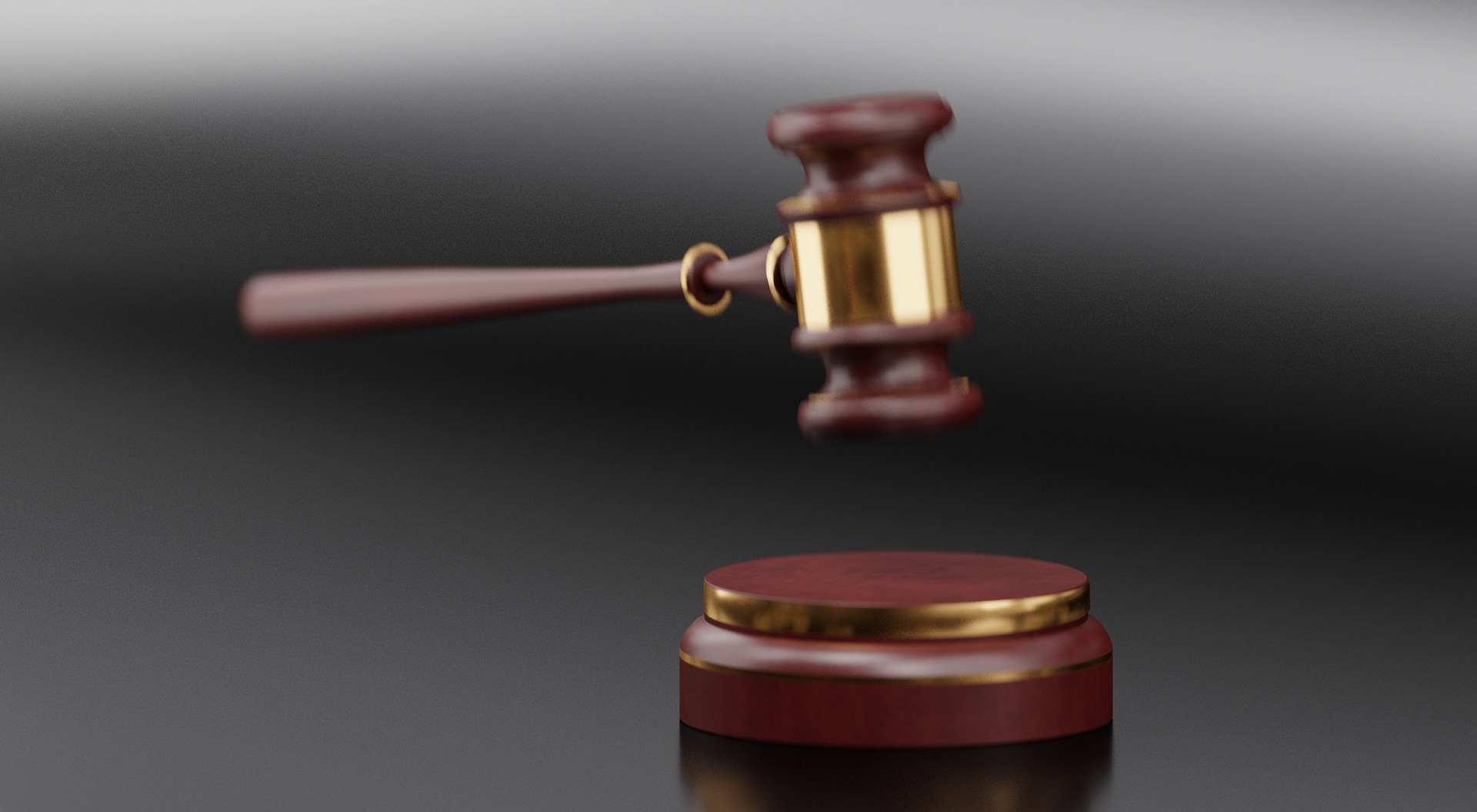
- INVESTORS
- CORPORATE GOVERNANCE
- GOVERNANCE AT SCA
Governance at SCA
This section describes how SCA is governed. Click on the headings for more information on each part.
The shareholders’ meeting is SCA’s highest decision-making body, where all shareholders are entitled to attend, to have a matter considered and to vote in respect of all shares held by the shareholder.
According to its Articles of Association, SCA has two listed classes of shares: Class A and Class B shares. Every Class A share represents ten votes and every Class B share represents one vote. The Annual General Meeting (AGM) is the annual shareholders’ meeting at which the annual report is presented. The AGM appoints the company’s Board of Directors and auditor, which are proposed by a Nomination Committee specifically elected by the AGM. The AGM also resolves on dividends, adoption of the annual accounts, fees to be paid to the company’s Board and auditor, where applicable on guidelines for remuneration of senior executives, and other important matters.
The Nomination Committee represents the company’s shareholders and is charged with the task of preparing proposals for adoption at the AGM with respect to election and remuneration matters and, in certain cases, proposing procedural motions for the next Nomination Committee.
The Board of Directors has the overall responsibility for the company’s organization and administration through regular monitoring of the business and by ensuring the appropriateness of the organization and management team, and also compliance with guidelines and internal control. The Board approves strategies and targets, and decides on major investments, acquisitions and divestments of operations, among other matters.
The 2024 AGM resolved that the Board of Directors shall comprise nine members elected by the AGM with no deputies. In addition, the Board shall include three employee representatives and three deputies.
SCA’s Articles of Association contain no provisions regarding appointment or dismissal of Board members or amendments to the Articles.
The Chairman of the Board leads the work of the Board and is responsible for ensuring that it is effectively organized and that work is efficiently conducted. This includes continuously monitoring the company’s operations in close dialogue with the President and ensuring that other Board members receive information that will enable high-quality discussion and decisions by the Board. The Chairman leads the assessment of the Board’s and the President’s work. The Chairman also represents the company in ownership matters.
The company’s Board has, within itself, established an Audit Committee. The tasks of the Audit Committee include monitoring financial reporting and the efficiency of the company’s internal control, internal audit and risk management, and submitting recommendations and proposals to ensure the reliability of reporting.
The Committee keeps itself informed on the audit, reviews and monitors the impartiality and independence of the auditor and submits recommendations to the Nomination Committee as a basis for the appointment of auditor and the determination of remuneration, and information to the Board concerning the results of the audit in order to fulfill all requirements of the EU Audit Regulation and Directive.
The Audit Committee sets guidelines for the procurement of services other than auditing services from the company’s auditors. Lastly, the Audit Committee evaluates the audit quality and informs the Nomination Committee of the results of the evaluation.
The company’s Board has also, within itself, established a Remuneration Committee. The Remuneration Committee prepares the Board’s motions on issues relating to remuneration principles and remuneration and other terms and conditions of employment for the President and CEO, and is authorized to make decisions in these matters for the company’s other senior executives. The Committee monitors and assesses programs for variable remuneration, the application of the AGM’s resolution on guidelines for remuneration of senior executives and the applicable remuneration structure and remuneration levels in the Group. The Remuneration Committee also prepares the Board’s remuneration report.
At SCA, it is the employees’ responsibility to ensure sound governance and internal control in the operations or processes for which they are responsible. Internal audit is a separate function with the task of evaluating and improving the efficiency of SCA’s internal control, governance, and risk management. The function reports to the Audit Committee and the Board in relation to internal audit matters.
The function examines, among other, SCA’s internal processes for sales, purchases, financial reporting, assets, compensation and benefits, HR matters, information security and IT systems, various projects and compliance with SCA’s policies and other governing
documents including the Code of Conduct.
SCA’s President and CEO is responsible for and manages the day- to-day administration of the Group and follows the Board’s guidelines and instructions. The President and CEO is supported by the Executive Management Team, the work of which is led by the President and CEO. The Executive Management Team comprises the President and CEO, the CFO, the Presidents of the Business Areas Forest, Containerboard, Pulp, Wood and Renewable Energy and the President for the support unit Sourcing & Logistics. Further,
the Senior Vice Presidents of the Group functions Human Resources, Legal Affairs, Sustainability and Communications and Strategic Development are also members of the team. The working procedures for the Board of Directors and terms of reference issued by the Board of Directors to the President and CEO detail, for example, the division of work between the Board and President. In consultation with the Chairman of the Board, the President and CEO prepares documentation and background information for the Board’s work.
SCA adheres to the principle of distinct decentralization of responsibility and authority. The business areas are fully responsible for developing their respective operations through established objectives and strategies, a process that is also centrally coordinated. Each business area is responsible for its operating result, capital and cash flow. The position of the business and results are followed up by the entire Executive Management Team on a monthly basis. Each quarter, business review meetings are conducted during which the management of each business area personally meet with the President and CEO, the CFO and others. These meetings function as a complement to the daily monitoring of operations.
The company’s auditor, elected at the Annual General Meeting, examines SCA’s accounting, the Group’s annual report and sustainability report, the Board’s and President and CEO’s administration and the annual reports of subsidiaries, and submits an audit report.
The audit is performed in accordance with the Swedish Companies Act, the Swedish Annual Accounts Act, International Standards on Auditing (ISA) and generally accepted auditing principles in Sweden, which also includes a review of compliance with the Swedish Companies Act and the Swedish Annual Accounts Act.


